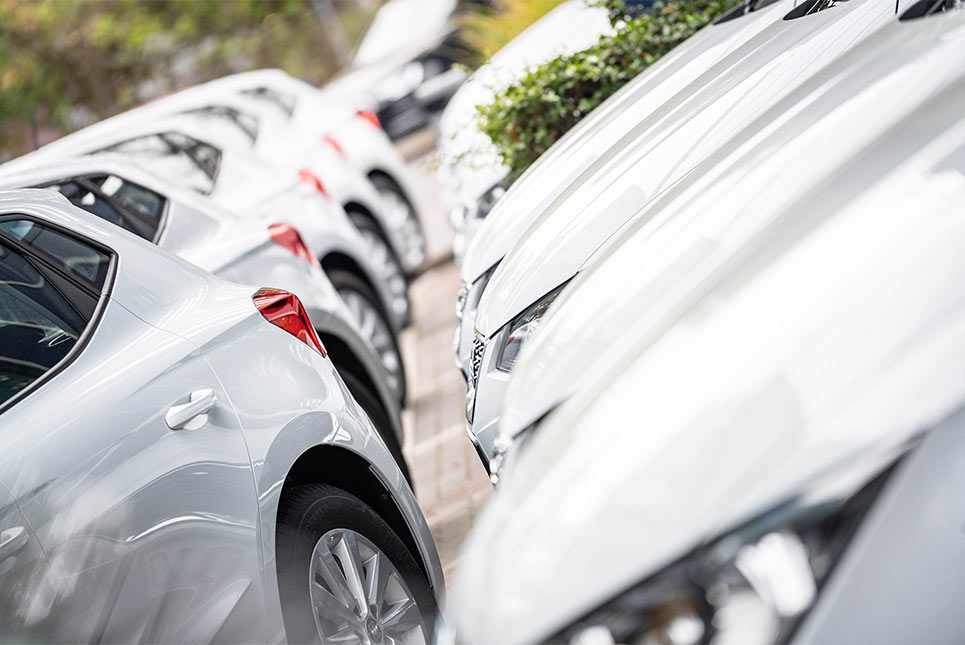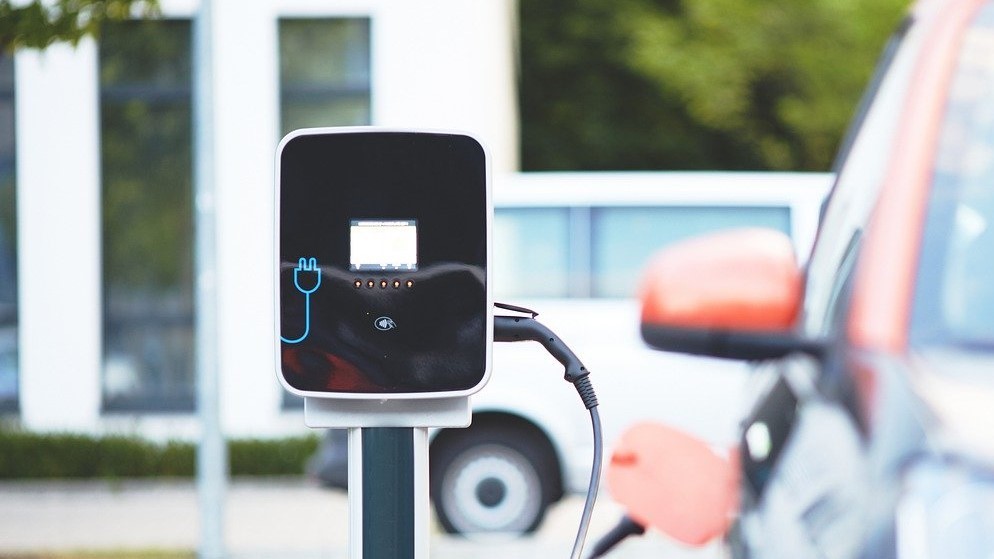• Breakthrough in electric mobility: new registrations triple
• Slump in the passenger car market: 2.9 million new cars (minus 20 percent)
• Commercial vehicle market: 350,000 new registrations
• Forecast 2021: gradual recovery to 3.1 million new passenger cars
• Electric boom continues in 2021: 500,000 to 600,000 new BEVs and PHEVs
The German passenger car market collapses dramatically in 2020 due to the corona pandemic. The Association of International Motor Vehicle Manufacturers (VDIK) expects 2.9 million new passenger car registrations this year. This is the lowest level since 1990, while electric mobility is booming. Sales of battery electric cars and plug-in hybrids are tripling. VDIK President Reinhard Zirpel emphasized today at the VDIK annual press conference: “This year, nothing is the same as always. Corona has our industry and the whole world firmly in its grip. The automobile markets have to cope with unprecedented slumps. We are losing 700,000 new registrations, which we will not be able to make up for. So it is all the more pleasing that 2020 will be the year of the breakthrough for electromobility, despite the Corona crisis”.
German passenger car market
It is estimated that by the end of the year, there will be about 700,000 fewer new passenger cars registered in Germany than in 2019. The VDIK had expected a decrease of no more than 250,000 units. What is striking is the very different development of the two half-years. After minus 35 percent in the first six months, there was a slight recovery in the second half of the year (minus 4 percent).
Zirpel explained: “Starting in July, the demand for passenger cars picked up noticeably again. This was due firstly to the general economic recovery in the third quarter. And secondly, the reduction in value-added tax had an effect on private customers and encouraged one or two potential buyers to make purchases”.
International manufacturers
The VDIK members will sell around 1.16 million passenger cars by the end of the year. This is more than 200,000 vehicles less than in 2019, which means that they will be slightly less affected. Their market share will thus rise to over 40 percent for the first time. Zirpel: “Four out of ten new cars in Germany carry the logo of an international brand.”
Breakthrough of electric mobility
In contrast to the overall market, we are experiencing a boom in battery electric cars and plug-in hybrids. It was triggered primarily by the so-called innovation premium. Reinhard Zirpel: “We expect more than 350,000 battery-powered electric cars, plug-in hybrids and fuel cell vehicles to be newly registered in 2020. The increase compared to 2019 is no less than 220 percent. Their share of the total market will rise from just under three percent last year to 12 percent now. This makes 2020 the year of the breakthrough of electric mobility in Germany”.
In the meantime, the VDIK members offer more than 80 electrified passenger car and commercial vehicle models, thus making a significant contribution to the spread of low-emission engines and climate protection in Germany.
Commercial vehicle market
In 2020, around 350,000 new commercial vehicles are expected to be registered, a drop of 15 percent. The international manufacturers will roughly maintain their market share of almost 30 percent. As with passenger cars, registration figures also fell particularly sharply in the first half of the year, with a drop of 29 percent.
Passenger car and truck forecast
According to VDIK estimates, the German passenger car market could grow by 7 percent to around 3.1 million new registrations in 2021. Zirpel: “At the moment, we do not yet see a sufficient basis for a stronger recovery. The current uncertainty about Corona is likely to continue well into next year. For the commercial vehicle market, the VDIK is expecting about 370,000 units, which is an increase of 6 percent.
The boom in electric mobility should continue. “Next year, 500,000 to 600,000 battery electric cars and plug-in hybrids could be newly registered in Germany,” says Zirpel.





